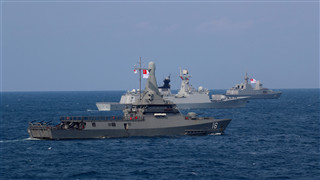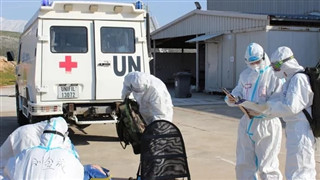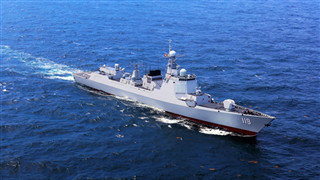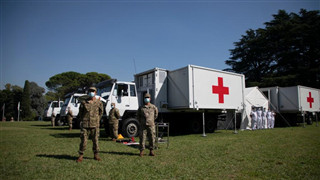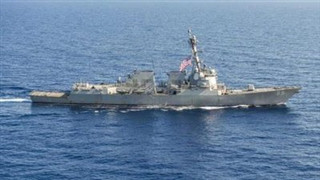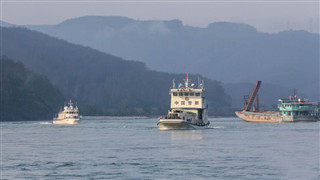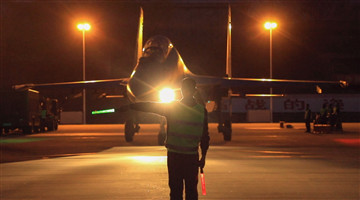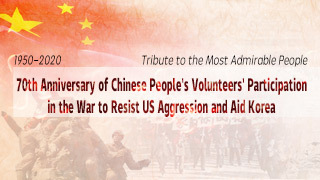
BEIJING, May 26 – The scale and structure of China’s defense budget is reasonably determined in accordance with the level of national economic development and defense demand, said Senior Colonel Wu Qian, the spokesperson for the delegation of the People’s Liberation Army (PLA) and the People’s Armed Police (PAP) Force on Tuesday during the third session of the 13th National People's Congress, when interviewed by the media.
According to media reports, the national budget for defense spending in 2020 will increase by 6.6 percent over the previous year.
As President Xi Jinping has said, “We should ensure both development and security and be ever ready to protect against potential dangers in time of peace. This is a major principle underlying the Party’s governance.”
China adheres to the balance of development and security, the unification of a rich country and a strong military, the coordinated development of national defense and economic construction, and reasonably determines the scale and structure of national defense expenditure in accordance with the level of national economic development and defense demand, Wu said. In other words, when we do the defense budget, we should take both economic and security factors into consideration, he added.
He pointed out that recently China has been facing new risks and challenges in the field of national security, and from the international perspective, hegemonism and power politics pop up now and then, unilateralism prevails in some countries, geopolitical risks have risen, and the international security system and order have been impacted. It can be said that the world is not peaceful.
And from the domestic perspective, Wu said, the security threat is diversified and complex, the anti-secession struggle situation is even more severe with the Taiwan Democratic Progressive Party authorities building themselves up by pulling in foreign forces and going further and further along the path of separatism.
Furthermore, China’s homeland security and overseas interests are also facing some real threats, Wu said. “On the issue of national security, we should keep a sober mind and be prepared for war in peace time”, he stressed.
At the same time, the increase in defense spending is also in line with the need of the Chinese military to fulfill more international responsibilities, he added.
With the development of the Chinese military, the international community's expectation for it to provide more public security products is correspondingly rising. The Chinese military is proactive in supporting the United Nations peacekeeping operations, has sent 35 naval ships to the Gulf of Aden and waters off Somalia to carry out routine escort missions, and actively participates in international disaster relief, which has won widespread praise from the international community, Wu stated.
“Maintaining a moderate and steady growth in defense expenses will be conducive to promoting the Chinese military to live up to the vision of a community with a shared future for mankind, actively fulfill the international obligations of the armed forces of a major country, and make more contributions to building a better world of lasting peace and common security,” he said.
Wu stressed that China firmly follows the path of peaceful development and pursues a defensive national defense policy, China's defense expenditure is open and transparent, and the expenditure level is reasonable and moderate.
Wu pointed out that compared with the security demand for safeguarding national sovereignty, security and development interests, the demand for safeguarding its own construction and development, as well as the demand for fulfilling its international obligations and responsibilities as a major country, China's defense expenditure is still much lower.
“It is reasonable and necessary that China's defense spending increased moderately and steadily,” Wu summed up.
